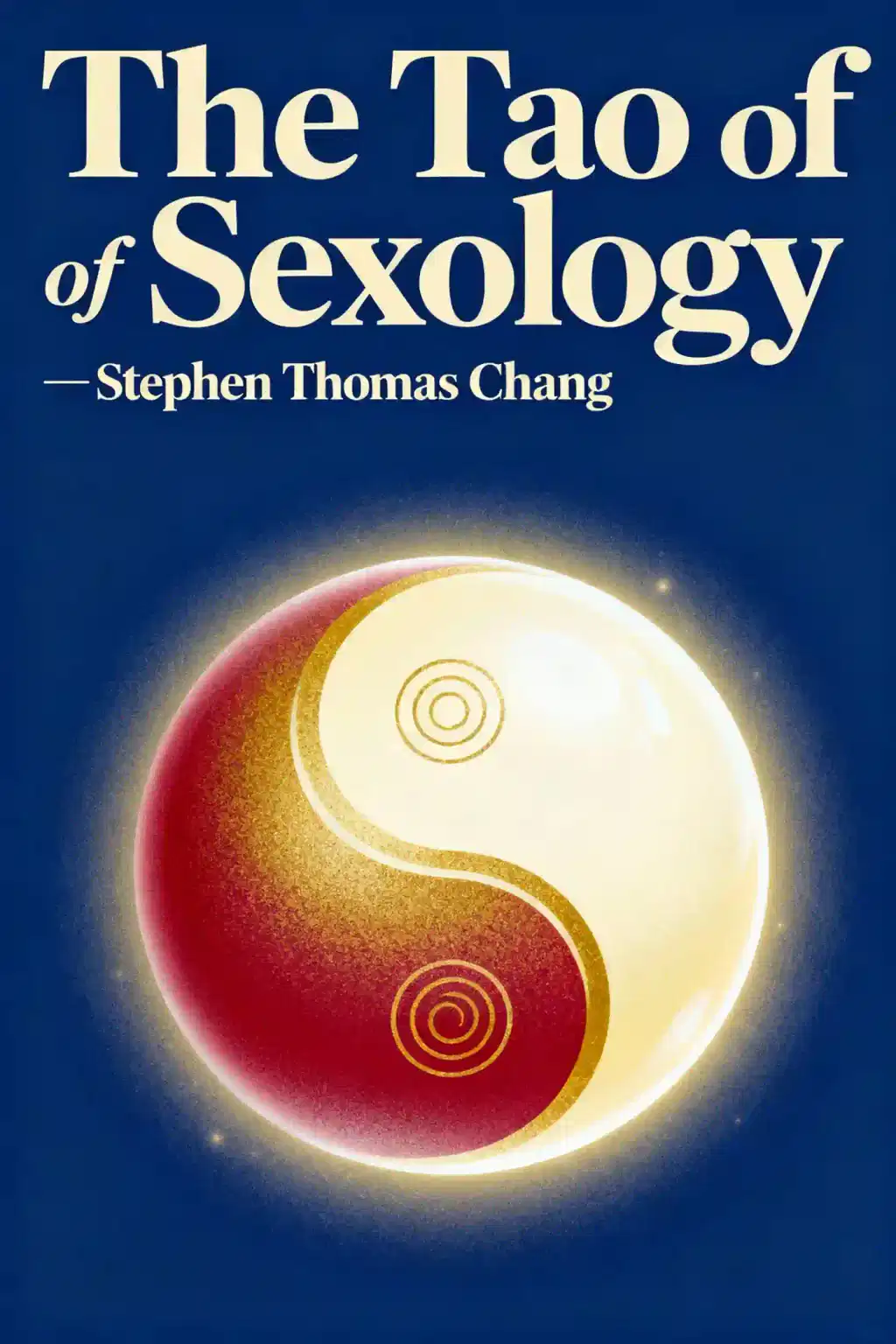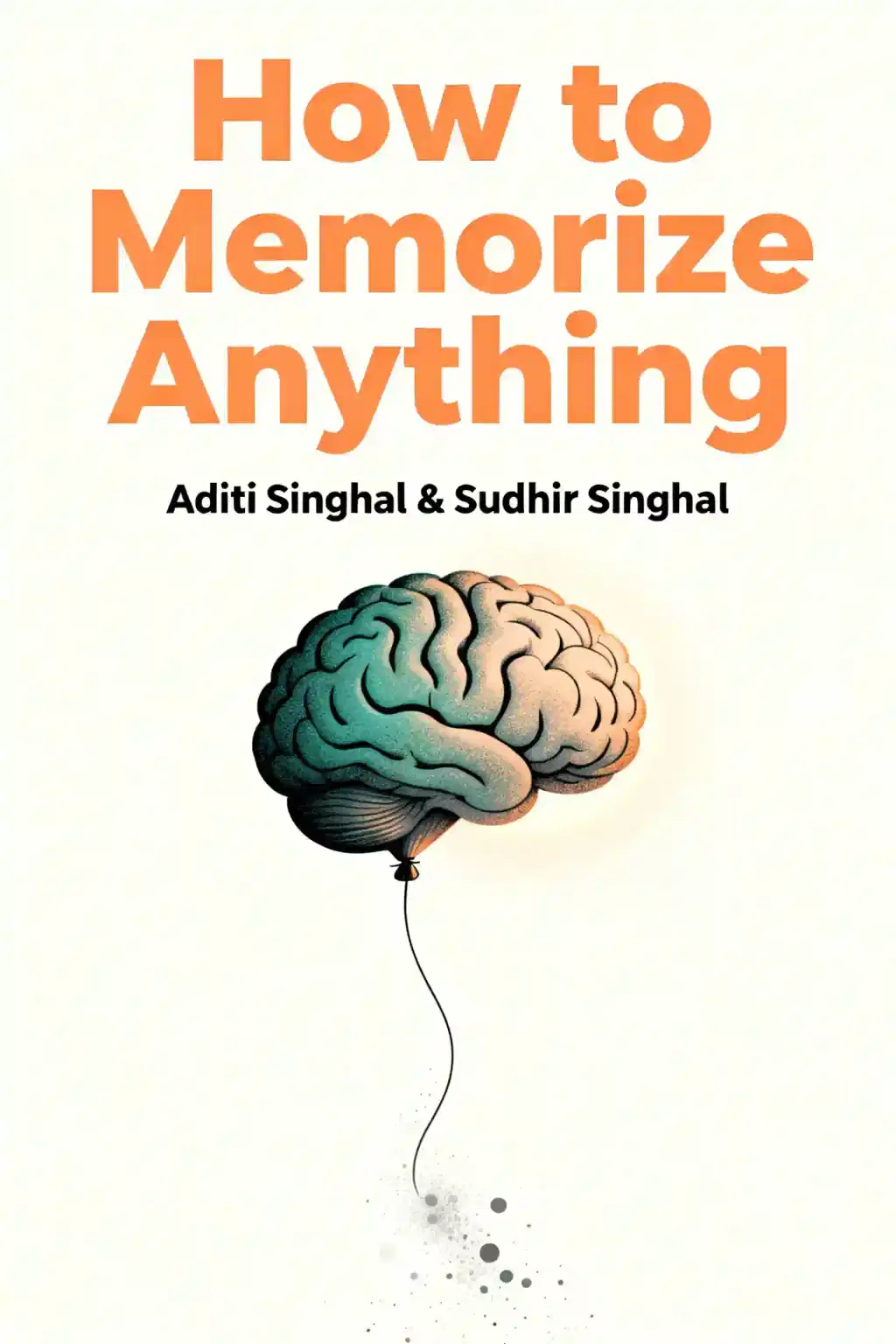What is Terror by Ferdinand von Schirach about?
Terror by Ferdinand von Schirach is a courtroom drama that presents a moral dilemma: a fighter pilot shoots down a hijacked plane heading toward a packed stadium, killing 164 passengers to save 70,000 spectators. The pilot faces murder charges, and the audience serves as the jury, voting on his guilt or innocence after hearing testimonies and closing arguments that explore fundamental questions about human dignity and the value of life.
Who is Ferdinand von Schirach?
Ferdinand von Schirach is a prominent German criminal defense lawyer and bestselling author born in Munich in 1964. He published his first book at age 45 and quickly became one of Germany's most successful writers, with works translated into over 35 languages. His legal background deeply informs his writing, as he draws on real cases to explore complex ethical questions about justice, morality, and human nature in contemporary society.
Who should read Terror by Ferdinand von Schirach?
Terror is ideal for readers interested in moral philosophy, legal ethics, and thought-provoking drama. It appeals to fans of courtroom thrillers, philosophy students, and anyone grappling with questions about utilitarianism versus human rights. The play's interactive format makes it particularly engaging for book clubs, theater enthusiasts, and readers who enjoy participatory narratives that challenge them to examine their own values and decision-making processes.
Is Terror by Ferdinand von Schirach worth reading?
Terror is worth reading for its compelling examination of an impossible ethical choice presented through crisp, realistic courtroom dialogue. Ferdinand von Schirach's legal expertise creates an authentic trial atmosphere that forces readers to confront uncomfortable questions about sacrifice, state power, and constitutional principles. At approximately 100 pages, it's a quick yet intellectually demanding read that stays with you long after the final verdict, sparking ongoing debate and self-reflection.
What is the main ethical dilemma in Terror?
The central dilemma in Terror asks whether killing 164 innocent people to save 70,000 others is morally and legally justifiable. This confronts the utilitarian calculation of "greatest good for the greatest number" against the principle that human dignity is inviolable and no life can be weighed against another. The play examines whether emergency circumstances permit violating constitutional protections and whether individuals can be sacrificed as means to an end.
What are the most memorable quotes in Terror by Ferdinand von Schirach?
"Leben darf nicht mit Leben aufgewogen werden" ("Life cannot be weighed against life") encapsulates the legal argument that every life has absolute, equal value. "Die Würde des Menschen ist unantastbar" ("Human dignity is inviolable"), from Germany's constitution, represents the fundamental principle at stake. The prosecutor's warning that acquitting the pilot would "declare human dignity, declare our constitution worthless" highlights how the verdict affects foundational legal principles beyond this single case.
How does Terror by Ferdinand von Schirach structure its arguments?
Terror presents opposing viewpoints through traditional courtroom drama conventions: witness testimonies, cross-examinations, and powerful closing arguments from both prosecution and defense. The prosecutor emphasizes constitutional law and human dignity's inviolability, arguing that ends cannot justify means. The defense focuses on emergency circumstances, the pilot's moral courage, and practical necessity. This balanced structure allows readers to engage critically with both sides before casting their own verdict as jurors.
What does Terror say about human dignity versus utilitarian ethics?
Terror contrasts Germany's constitutional protection of human dignity—the principle that every individual possesses inherent, non-negotiable worth—against utilitarian logic that prioritizes saving the maximum number of lives. Ferdinand von Schirach demonstrates how emergency situations create tension between absolute moral principles and pragmatic calculations. The play suggests that accepting utilitarianism in extreme cases might erode fundamental rights, yet rejecting it could allow preventable mass casualties, leaving readers to wrestle with this paradox.
Why does Terror let the audience decide the verdict?
The interactive verdict in Terror transforms passive readers into active moral agents who must take responsibility for their judgment. Ferdinand von Schirach refuses to provide easy answers, instead forcing audiences to confront their own values, examine competing arguments, and experience the weight of deciding another person's fate. This participatory element mirrors democratic jury systems and emphasizes that these ethical questions belong to society collectively, not just legal experts or philosophers.
What are common criticisms of Terror by Ferdinand von Schirach?
Some critics argue Terror oversimplifies complex legal and ethical issues into a binary choice, potentially promoting authoritarian justifications for state violence against civilians. Others note the scenario creates artificial urgency that may not reflect real decision-making contexts where alternatives exist. The play's framing might bias audiences toward acquittal by emphasizing the pilot's good intentions and the lives saved, while minimizing the constitutional principles violated and dangerous precedents set.
How does Terror relate to real-world anti-terrorism legislation?
Terror directly engages with post-9/11 debates about security versus civil liberties, particularly Germany's Aviation Security Act debates about shooting down hijacked civilian aircraft. Ferdinand von Schirach examines whether democracies can maintain constitutional protections during terrorist threats or must compromise fundamental rights for collective security. The play questions whether fear-driven legislation erodes the very freedoms democratic societies claim to defend, making it relevant to ongoing discussions about surveillance, detention, and state power.
What writing style does Ferdinand von Schirach use in Terror?
Ferdinand von Schirach employs direct, concise dialogue that mirrors actual legal proceedings and military communications, creating immediacy and realism. The stripped-down theatrical format focuses exclusively on ethical arguments without descriptive passages or emotional embellishment. This prosecutorial precision—reflecting his legal background—forces readers to engage with ideas rather than rely on narrative manipulation, making Terror feel like participating in an actual trial where facts and principles, not storytelling techniques, drive judgment.














